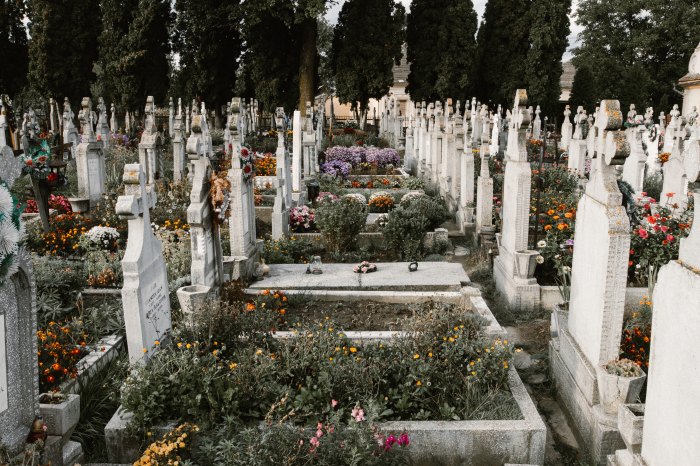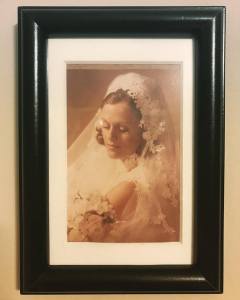It’s been 24 years since the day you left me. That seems like an absurd number, but I know that every year the number gets bigger. Each year, it feels like you’re getting farther away. I lose more memories. I live farther from the people who knew you. Most of the people in my life have never met you. Some of them don’t even know that you’re gone. With each deathiversary, I get more accustomed to explaining where you are.
The closer I get to your age, the more scared I am for myself. Joining a grief group has helped me to realize that this is normal. Most of us who have lost older siblings or parents assume we won’t make it past the age they were when they died, and when we do, we don’t know how to handle it. We never envision ourselves reaching 40, knowing our mom never will, but here I am. I still have some years before I reach 36, but the dread grows the closer I get.
A lot of people mark traumatic experiences, especially deaths, with “before” and “after.” This is how trauma survivors tell time. And while this is how I mark other events in my life, with you there was no “before.” The floaty recollections I have of you feel like another life, a dream, a made up story. My whole life has been “after.” For a while, I wasn’t sure what that meant for me, but recently my trauma therapist explained to me that my trauma isn’t in the fact that you died. I don’t remember it. The trauma of losing you happens over and over again, every time something happens that you should be here for and you’re not here.
I have more pictures of you in my room now to help me remember. I’m doing regressive memory work with my therapist to draw out old feelings and, hopefully, old memories. I mainly remember you taking care of me: scraped knees, bee stings, injuries of childhood. I remember you waking me up to lick the spoon from a batch of brownies. I wonder if you knew then that you didn’t have much time left, and that sweet memory would be more important than my 8pm bedtime.
Next to my bed, I have a tryptic of you, signing to me that you love me. I. Love. You. You smile back at me from a 90s hospital room every night as I go to sleep. And I know that you loved me. There are pictures to prove it. You stared at me with a look of deep adoration. But sometimes I get angry at you. I wish you’d left me more things to remember you by. I wish I had letters for each birthday or a recording of your voice reading me a bedtime story or a video telling me all the things you couldn’t tell a five-year-old. I know it’s not fair to ask for those things because I’m sure you did the best you could. I only ask for them because I miss you.
I’m not sure what I believe about where you are anymore, but I hope wherever it is, it’s peaceful. I hope you are proud of me, but I hope you don’t miss me. People tell me you’d be proud of me, but it doesn’t mean much. Even so, I try to live each day like you’re watching me. I look for you in crowds.
Love you always,
Brenna






You must be logged in to post a comment.